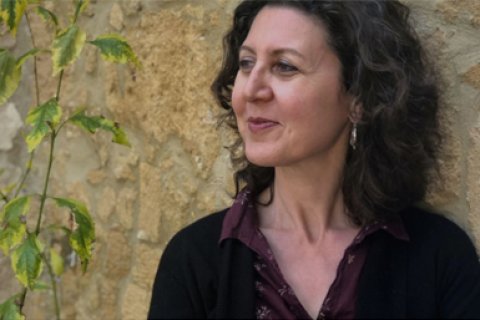ERC Advanced Grant for Research on Infrastructural Imperialism
Rebecca Bryant, Professor of Cultural Anthropology at Utrecht University, has received an ERC Advanced Grant. With this prestigious European grant of 2.5 million euros, Bryant will conduct research into infrastructural imperialism over the next five years. Her research focuses on infrastructural investments that Turkey is making in countries in the Balkans, the Caucasus and Central Asia.

Countries such as China, Russia, India and Turkey have invested heavily in the infrastructure of various areas and countries in recent years. With such investments, these countries want to create so-called ‘soft power empires’: to acquire power with a soft hand in the states in which investments have been made. Bryant's research will focus on Turkey and the infrastructure investments it has made in countries in the Balkans, the Caucasus and Central Asia. Bryant: "In six countries, we will study Turkish-sponsored megaprojects. For example, we want to know how the recipients view their investors. And we are investigating to what extent the investments affect the politics of the recipient countries."
I want us to talk about how emerging powers are rebuilding the world.
Multipolar world
With her research, Bryant wants to find out what kind of power underlies a multipolar world, a world in which multiple countries are about the same strength or have the same influence. "The leaders of Turkey and China talk about a multipolar world all the time. But what exactly does that mean? In addition to formulating an answer to that question, my research project aims to theorize the relationship between infrastructure and empire, and provide concepts to understand the new power relations that arise today. I want us to talk about how emerging powers are rebuilding the world, and why we should be concerned about that."
Fieldwork
Thanks to the European grant, the Utrecht cultural anthropologist can appoint two PhD students and three postdoctoral researchers. "With this team, we can do a year of fieldwork in Turkey and the six other countries that are part of the study. It also allows us to set up a network of scientists working on Chinese and Russian or Soviet infrastructure investments in these same areas."

